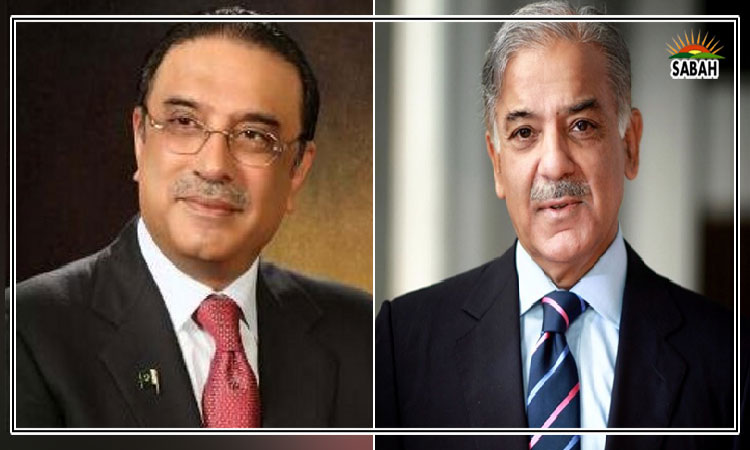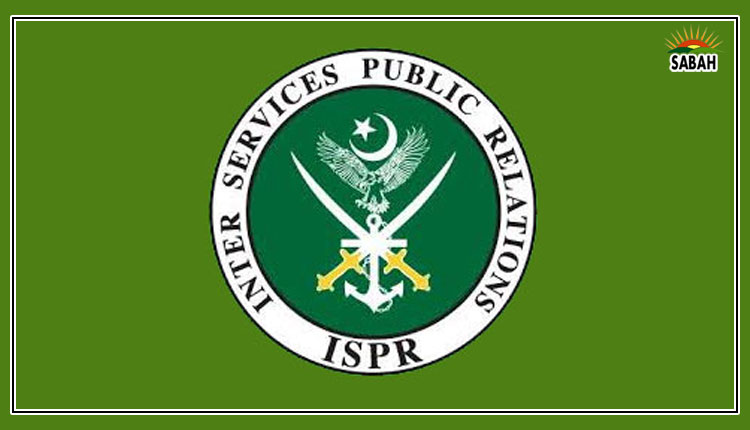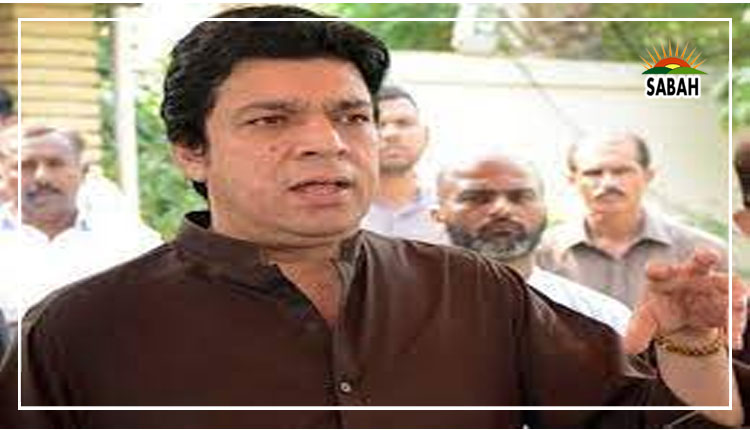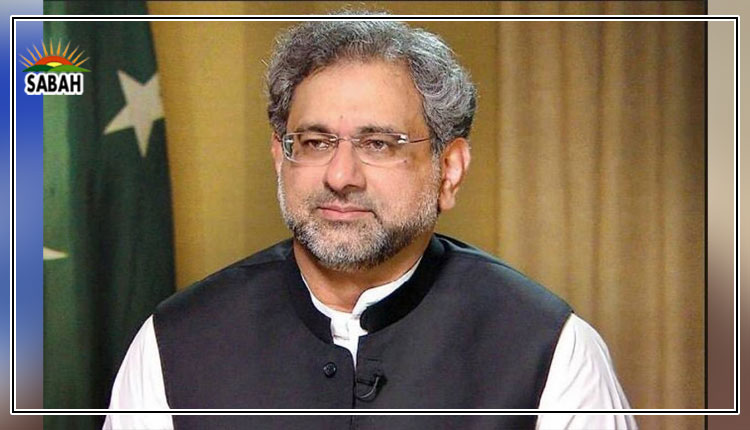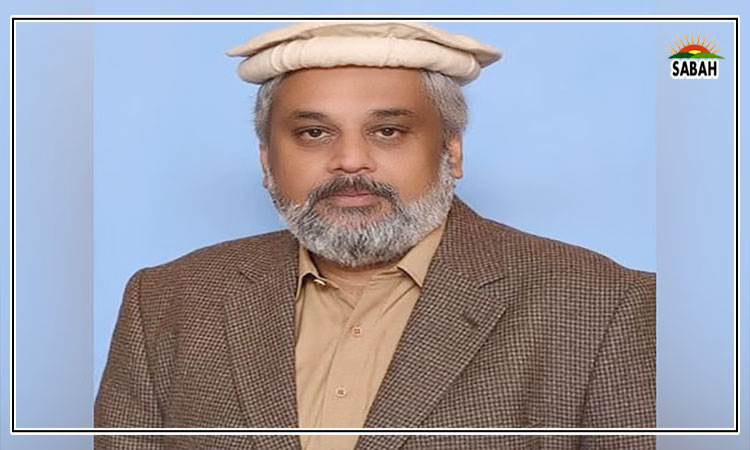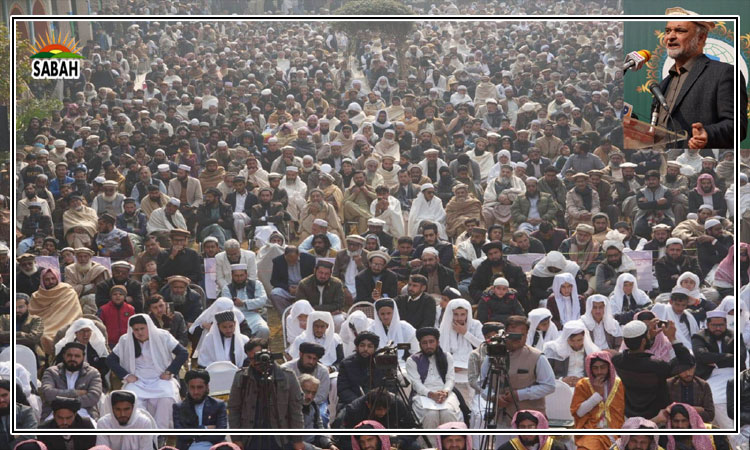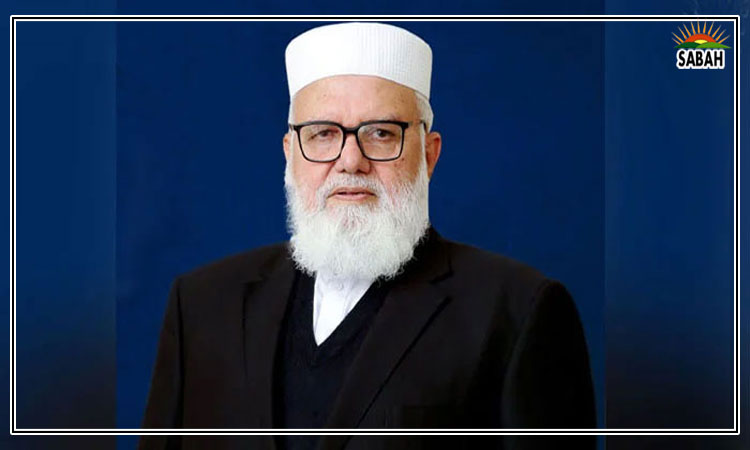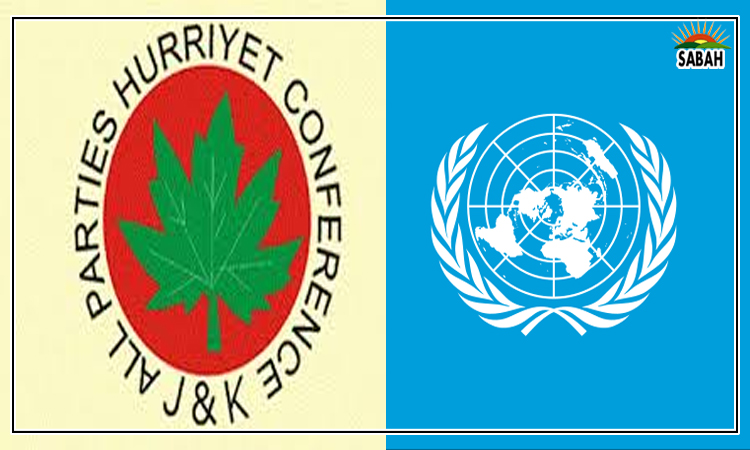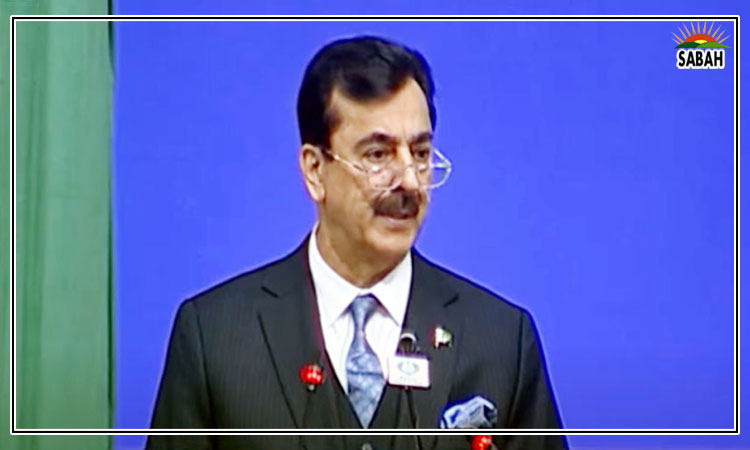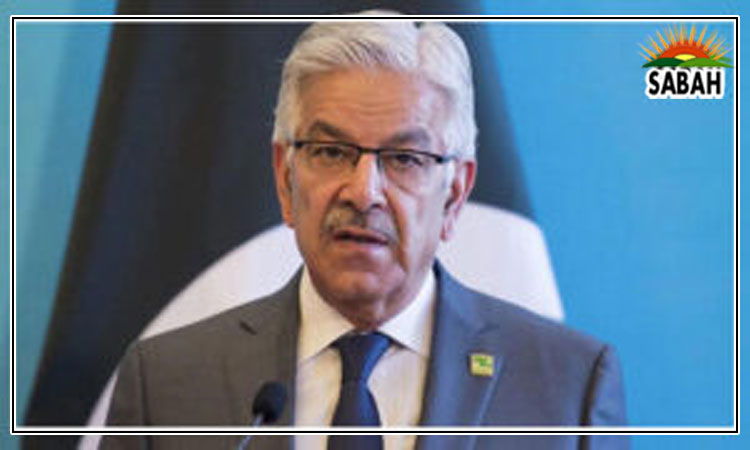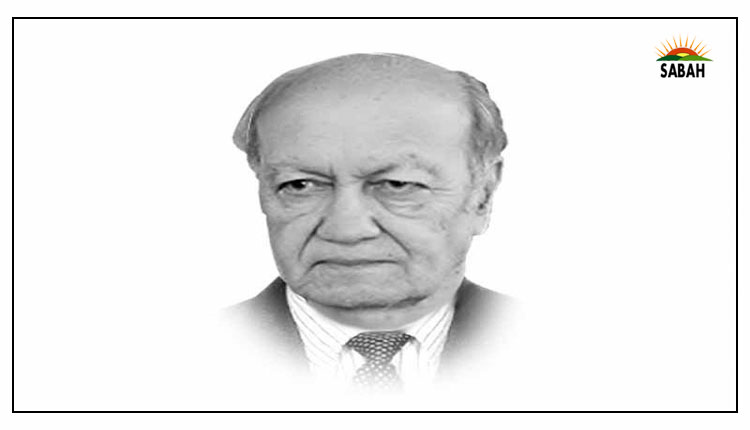Multiple challenges, poor responses…Talat Masood
The ill-conceived overall policies and decisions of the past and present governments have made the younger generation its victims. A glaring example is the low priority accorded to education and health by successive governments inflicting damage spanning generations. Similarly, if the present and future governments fail to factor in our national policies and measures to reduce the impact of climate change and population growth the harm would be incalculable and future generations would suffer. The present financial crisis, a matter of serious concern is another example of poor governance and lack of foresight by successive governments. If corrective measures to improve the economy are not taken soon the damage inflicted especially to the poor and lower middle class, who already are the worst sufferers, would be catastrophic. Pursuing defense and security policies that are conflictual traps and lock the nation in perpetual conflict. Decisions we took to recognise and support the Taliban in their previous capture of power, without foreseeing the long-term consequences are for all to see.
We will continue to make these arbitrary and dictatorial decisions that have cost the nation heavily until we democratise and rationalise the decision-making process. Going deeper into the problem it becomes clear that governments that were undemocratic, under military rule the priority of rulers was more toward being legalised and receiving international acceptance by taking a cover, a facade and wrapping themselves in it. But in the process, those governments took decisions for which the country continues to suffer. The most glaring example of this is Pakistans involvement in the Afghan jihad against the erstwhile Soviet Union and in the war against terror.
The present increasing menace of militant organisations such as the latest attack by TTP in a mosque in Peshawar in which over a hundred were martyred and several hundred injured is directly or indirectly a consequence of these policy decisions.
In essence, national decision-making process gets convoluted when political leadership is compromised. However, this can change if we strengthen the political parties internally by ensuring genuine party elections. Filling top positions with one family or close associates in the hierarchy flies in the face of claiming to be democratic. In many countries such as in US Kennedy, Bush and Clinton families dominated politics. But they were elected through a genuine and universally accepted process.
Improving governance, stabilising the economy, addressing the grievances and challenges being faced by people in the Khyber Pakhtunkhwa (K-P), especially in erstwhile FATA area and Baluchistan would go a long way in reducing militancy. A major objective of CPEC besides linking up the economies with neighbouring countries was to open up and accelerate the development of Baluchistan and K-P. Regrettably, we have failed to fully benefit from this opportunity and it is not surprising that the youth of these areas is disillusioned and frustrated.
Moreover, the government should once again take the clerics into confidence in combating the strains of Islamic extremism that led to TTPs emergence in the first place. Serious effort has to be made to eliminate the TTP. As we have witnessed over the last decade, TTP after it gets defeated and loses areas that it had some control goes into hiding or to Afghanistan and makes a comeback. Besides taking conventional security measures to neutralise the TTP, the government should make a serious effort at improving the economic conditions of the people as the TTP and other extremist groups exploit the vulnerabilities of society. A more comprehensive policy that addresses the underlying grievances and gives the people a voice in their affairs will help in combating terrorism and defeating the TTP.
Another fundamental weakness is the quality of our major national decisions that are often formulated from a narrow perspective. The decision to support jihadi groups in the context of support to the inalienable rights of Kashmiris was a morally and politically correct decision. But we failed to foresee that in its implementation it encouraged the proliferation of militant organisations some of these have turned inwards and engaged in insurgency against the state. While patronising the Taliban in Afghanistan we did not foresee its serious implications on our society and security. With wisdom in hindsight, one can draw a list of several serious flaws in our policies as well as in their formulation. There is a definite logic that in mature democracies it is the political leadership top tier of the government that takes decisions after seeking inputs from security, intelligence and other relevant organisations. More importantly, the fallout of certain policies or backlash has to be examined diligently by the leadership. What we have experienced in the last seventy-five years for short-term gains we have invited long-term hard problems that we are struggling to cope with and our national fabric has weakened as a consequence.
In the present scenario, the weaknesses of the government, opposition and major institutions are so obvious. The present power structure is not in a position to govern to even minimum standards and tackling major economic, security and foreign policy challenges is beyond its capability. Rural areas are stagnating and people affected by recent floods are waiting in vain to be rehabilitated. This is not to belittle the individuals who are experienced and represent major parties. But the weakness lies in the reality that the PMLN-led coalition has no real mandate and support of the people. It is surviving on crutches and regressing and not in a position to take hard economic and political decisions. Foreign countries are hesitant in engaging with it on long-term projects. The answer lies in early free and fair elections at the provincial and national levels. By prolonging the life of the present government its leaders are trying to ignore reality. Problems will aggravate as the economic situation gets worse and people will further lose confidence in the political parties. Our present state of affairs and past history leads to depressing conclusions but it does not have to be so provided we as a nation rise to the challenge.
Courtesy The Express Tribune


